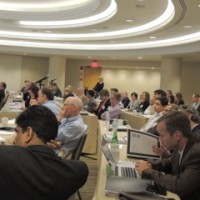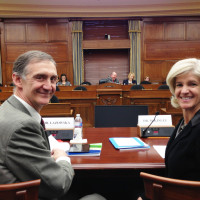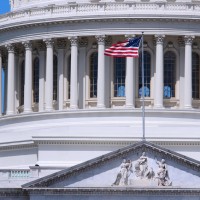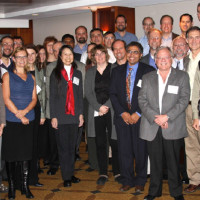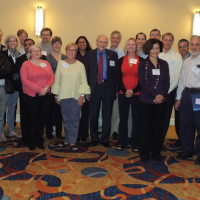
Computing Researchers Take to the Hill: CRA Hosts Successful Fall Congressional Fly-In Event
On September 18, more than 30 researchers from across the country flew to Washington, DC to meet with members of their state’s congressional delegations, talk about work going on in their institutions, and help make the case for the federal investment in research.


